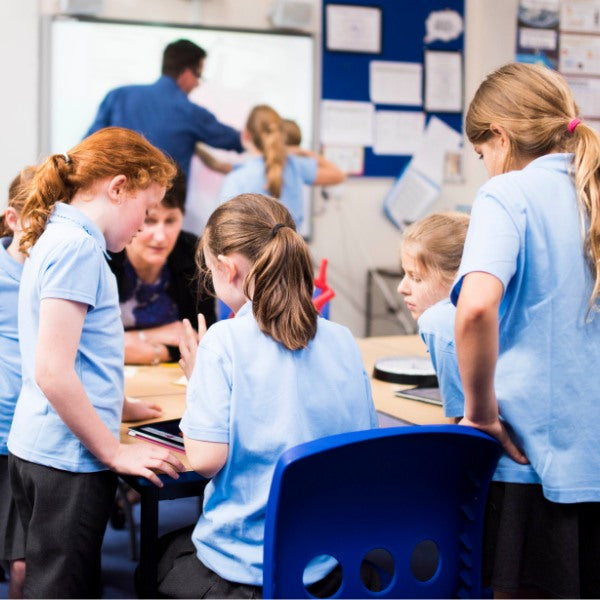
Navigating the Classroom Waters as a Pre-Service Teacher: Teaching Students Impacted by Trauma
Embarking on a teaching career is an adventure filled with diverse experiences and student needs. One of the most significant challenges you may face as a pre-service teacher is understanding how to support students with histories of trauma. While it might seem daunting at first, I assure you that these students can be some of the most fulfilling students you will have the opportunity to work with and can make your teaching experience incredibly rewarding.
Understanding the Brain Triangle:
The brain operates in fascinating ways. Imagine a triangle representing the three parts of the brain: the brain stem at the base, the emotional brain in the middle, and the wise brain at the top. The goal is to guide students from the instinctual responses at the base, through their emotions, to thoughtful reasoning at the top.

Understanding Student Behaviour: Remember, the behaviour of students with histories of trauma is often a reflection of past experiences rather than a reaction to the present situation or to you specifically. The brain stem, which activates our flight/fight/freeze response, is the first to process all information. It's crucial to recognise that a child's initial reaction is more instinctive than intentional. So when you hear the advice to "not take it personally" or to "let it roll off your back," this is what it is referring to. It’s not about you, it’s about them working through their history (or triggers) in the present moment.
Hormones and Communication:
When stressful situations arise such as a student becoming triggered and heightened, cortisol and adrenaline levels are high. It is not the ideal time for in-depth conversations. Wait until these levels have normalised before attempting to address any issues. Prioritise everyone's safety during these intense moments. Only after the student has come back to their base line, is there any worth in trying to communicate with their wise brain to talk about what happened and how you can better work together in future stressful times. These hormones can cloud memory and judgment, meaning that at times, students may not actually have an accurate recall of what happened. This is not an act of defiance rather the brain providing them with a coping strategy.

Creating a Safe Space: The key to helping students progress information through from the reactive brain stem to the emotional brain and then up to the wise brain, is to establish a relationship which the student perceives as safe. How do you build this? Invest time with them, be present, and be available as much as you can. Whether it's during breaks, before school starts, or simply opening your classroom a few minutes early – these moments are golden opportunities for connection. It's about knowing them, understanding them, and being a stable, reassuring presence until they view you as a safe person. This threshold varies with each student, but your persistence will pay off. Once you achieve this, you'll find working from this place of trust to be incredibly fulfilling.
Further Reading: For those interested in delving deeper into this topic, I highly recommend the book "What Happened to You?" by Bruce Perry and Oprah Winfrey. This insightful book provides further understanding of trauma's effects and how we can respond to it.

As you stand on the precipice of your new career, remember that the challenges you face with trauma-impacted students are also pathways to some of the most rewarding experiences you'll have as a teacher. With patience, understanding, and a heart open to learning, you'll not only make a difference in the lives of these students, but you'll also grow in your practice and as a person.
About the Author
Greer Kharidi, an experienced educator and counselor, has worked in trauma-aware education in diverse settings across Queensland and the Northern Territory. Starting in challenging classrooms, she has become an expert in fostering inclusive environments, helping teachers to better understand and support students affected by trauma. Greer equips educators with transformative strategies that promote resilience and academic success for every student.




